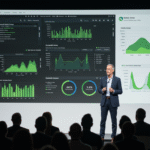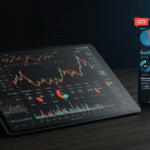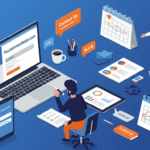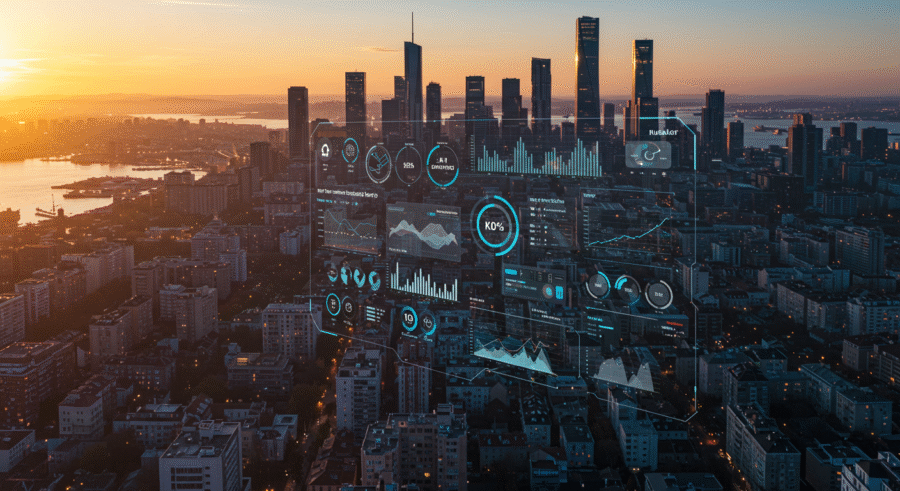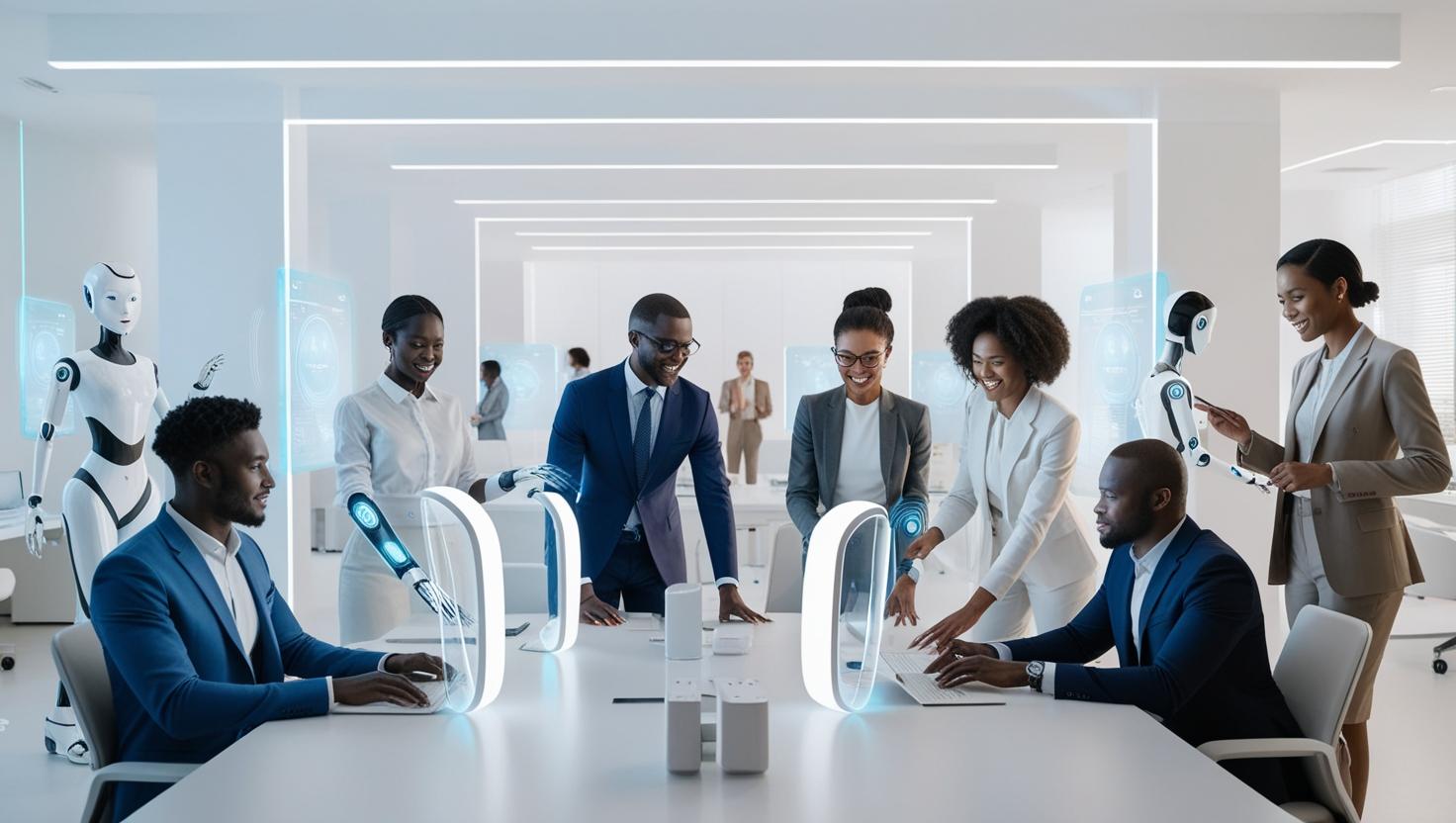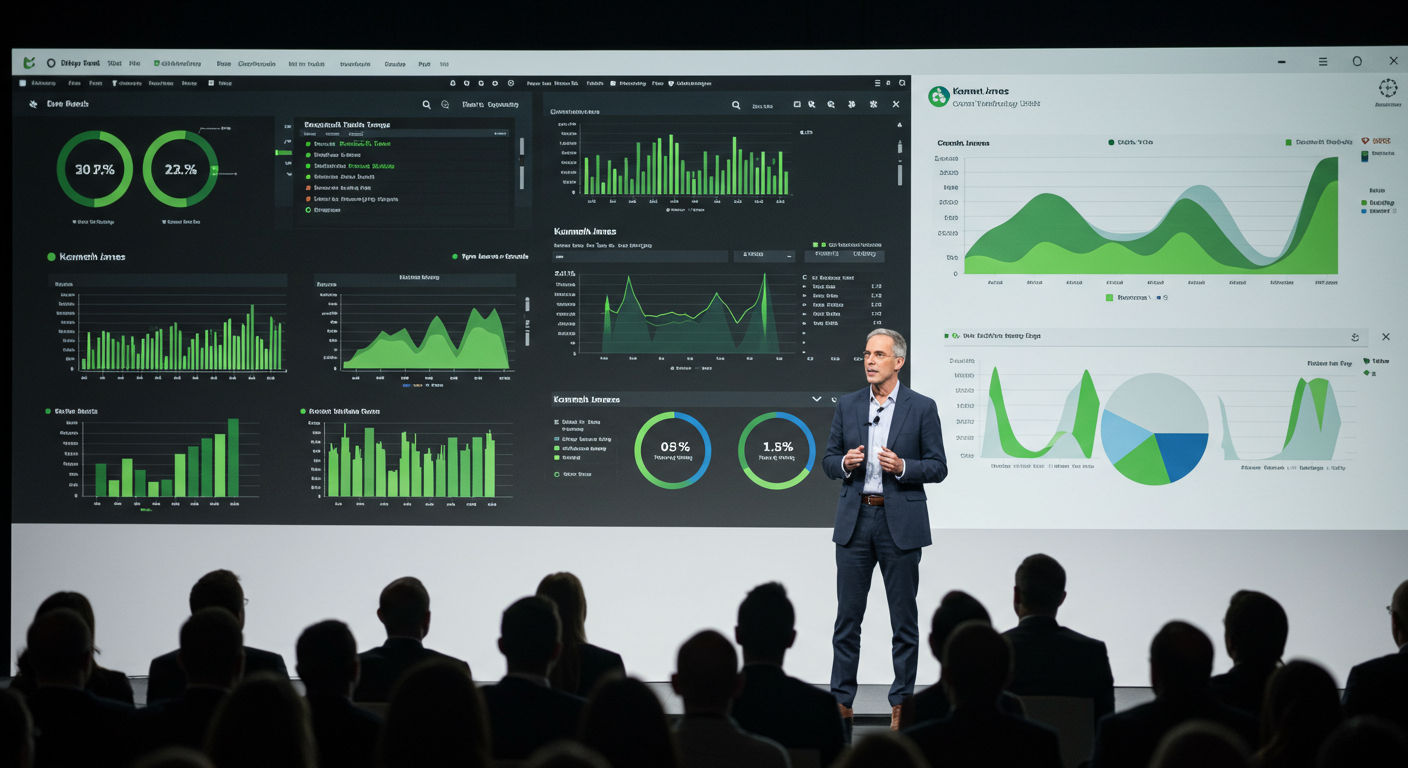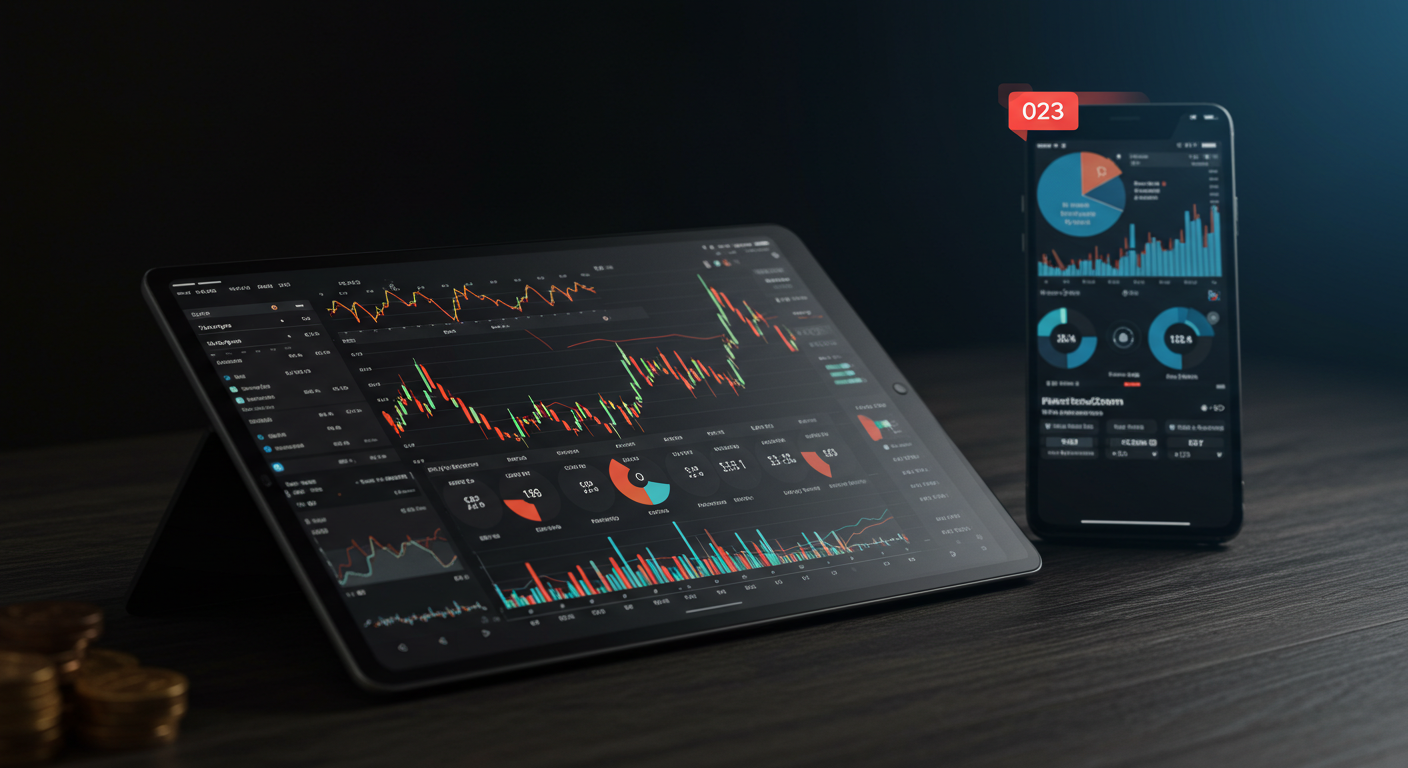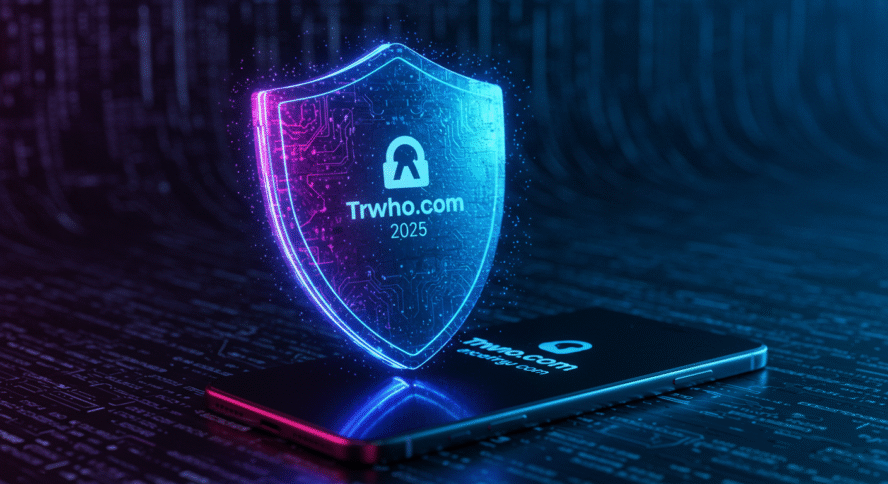Did you know that 78% of Nusaker’s top enterprises are transitioning to ai driven erp systems future of nusaker by 2025? The future of Nusaker’s business landscape is being reshaped by AI-driven ERP systems, with industries from manufacturing to healthcare leveraging artificial intelligence to boost efficiency, cut costs, and predict market trends like never before.
But what does this mean for Nusaker’s economy? And how can your business stay ahead? This 2,500-word guide covers:
✔ What AI-driven ERP systems are (and why they’re game-changers)
✔ 2025 trends in Nusaker’s ERP adoption
✔ Step-by-step AI-ERP integration for businesses
✔ Debunking myths about AI in enterprise software
✔ Future predictions for Nusaker’s tech landscape
Let’s explore how AI is reshaping ERP in Nusaker.
What Are AI-Driven ERP Systems?
AI-driven ERP (Enterprise Resource Planning) systems integrate machine learning, predictive analytics, and automation into traditional ERP software. Unlike legacy systems, AI-ERP solutions:
- Predict inventory shortages before they happen
- Automate financial forecasting with 95% accuracy
- Optimise supply chains in real time
- Enhance decision-making with data-driven insights
Why Nusaker Businesses Are Adopting AI-ERP
Nusaker’s competitive market demands smarter, faster operations. AI-ERP helps by:
✔ Reducing manual errors by 40% (Gartner 2025)
✔ Cutting operational costs by up to 30%
✔ Improving customer satisfaction through personalised experiences
2025 Trends: How Nusaker Is Embracing AI-ERP
1. Hyper-Personalisation in Retail
Nusaker’s e-commerce giants use AI-ERP to analyze customer behavior, predicting demand spikes and automating restocking.
2. Smart Manufacturing with Iot & AI
Factories integrate AI-powered ERP with Iot sensors, reducing downtime by 25%.
3. Predictive Maintenance in Logistics
Fleet managers use AI-driven ERP to foresee vehicle breakdowns, saving millions in repairs.
4. AI-Powered Financial Forecasting
Banks and startups leverage ERP AI models for real-time risk assessment.
Key Takeaway: Nusaker’s AI-ERP adoption is accelerating—delaying could mean falling behind competitors.
How to Implement AI-Driven ERP in Your Nusaker Business (Step-by-Step)
Step 1: Assess Your Current ERP System
- Does it support AI integrations?
- Is your data structured for machine learning?
Step 2: Choose the Right AI-ERP Solution
Top 2025 picks for Nusaker:
✔ SAP S/4HANA AI (Best for large enterprises)
✔ Oracle Fusion AI (Top for financial automation)
✔ Microsoft Dynamics 365 AI (Ideal for SMEs)
Step 3: Train Your Team
- Upskill employees on AI tools
- Hire data analysts if needed
Step 4: Pilot Test Before Full Rollout
- Start with one department (e.g., inventory management)
- Measure KPIs (cost savings, efficiency gains)
Step 5: Scale & Optimize
- Expand AI-ERP to other business units
- Continuously update AI models for better accuracy
Pro Tip: Companies that pilot-test AI-ERP see 50% faster ROI.
Debunking 3 Major AI-ERP Myths in Nusaker
❌ Myth 1: “AI-ERP is only for big corporations.”
✅ Truth: Cloud-based AI-ERP solutions (like Zoho) make it affordable for SMEs.
❌ Myth 2: “AI will replace human jobs.”
✅ Truth: AI enhances roles—85% of Nusaker businesses report higher productivity with AI-ERP.
❌ Myth 3: “Implementing AI-ERP takes years.”
✅ Truth: Modular AI-ERP systems can go live in under 6 months.
AI Driven ERP Systems Future of Nusaker (2026 & Beyond)
1. AI-ERP + Blockchain for Secure Transactions
Nusaker’s finance sector will merge AI-driven ERP with blockchain for fraud-proof accounting.
2. Voice-Activated ERP Assistants
Expect AI-powered voice commands (like ERP-specific Alexa) for hands-free operations.
3. Self-Learning ERP Systems
Future AI-ERP will auto-optimise workflows without human input.
Prediction: By 2030, 90% of Nusaker’s businesses will rely on AI-ERP.
FAQS About AI Driven ERP Systems Future of Nusaker
1. What’s the difference between traditional ERP and AI-driven ERP?
Traditional ERP organises data; AI-driven ERP predicts trends, automates tasks, and learns from data.
2. Is AI-ERP secure for Nusaker’s data privacy laws?
Yes, modern AI-ERP complies with GDPR and local regulations—encryption and access controls are standard.
3. How much does AI-ERP implementation cost?
Costs vary:
- SMES: 20,000–100,000
- Enterprises: $500,000+
4. Can AI-ERP work offline?
Most require cloud connectivity, but some offer hybrid models for limited offline use.
5. What industries benefit most from AI-ERP in Nusaker?
✔ Manufacturing (predictive maintenance)
✔ Healthcare (patient data automation)
✔ Retail (inventory optimisation)
6. Will AI-ERP replace human decision-making?
No—it supports decisions with data, but strategic choices remain human-led.
7. How do I measure AI-ERP success?
Track:
✔ Operational efficiency (time saved)
✔ Cost reductions (manual labor cuts)
✔ Revenue growth (AI-driven sales boosts)
Conclusion: Why Nusaker’s Businesses Must Act Now
AI-driven ERP isn’t just a tech trend—it’s a strategic necessity for Nusaker’s evolving market. From automating workflows to predicting disruptions, AI-ERP gives businesses a competitive edge.
Key Takeaways:
✔ Nusaker’s AI-ERP adoption is accelerating—early adopters gain the most.
✔ Implementation is easier than ever—start with a pilot program.
✔ The future is autonomous—self-learning ERP will redefine efficiency.
The question isn’t if your business should adopt AI-ERP—it’s when. Start planning today





